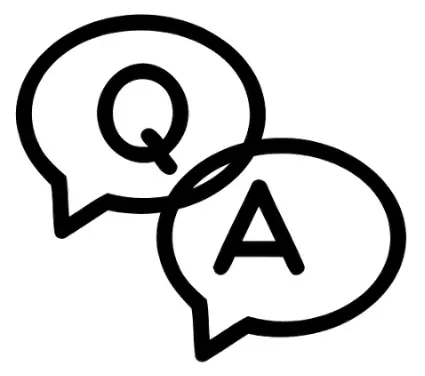get started with python coursera week 3 quiz answers
Test your knowledge: While loops
1. Fill in the blank: A while loop instructs your computer to continuously execute your code based on the value of a _____.
- condition
- comparator
- data type
- function
2. A data professional wants to set up a while loop that will iterate as long as the variable x is less than 7. They assign the value 0 to the variable x. What code should they write next?
- loop x < 7:
- repeat x < 7:
- while x < 7:
- iterate x < 7:
3. In Python, the keyword break lets you escape a loop without triggering any else statement that follows it in the loop.
- True
- False
Test your knowledge: For loops
4. A data professional can use a for loop to perform which of the following tasks?
- To repeat a specific block of code until a condition is met
- To convert one data type to another
- To iterate over a series of numbers
- To define a function
5. A data professional wants to set up a for loop. They write the following code: for x in range(3): . What values will the variable x take?
- 0, 1, and 2
- 1, 2, and 3
- Only 3
- 0, 1, 2, and 3
6. What parameter of Python’s range() function specifies the size of the increments in a sequence of numbers?
- Stop value
- Loop value
- Step value
- Start value
Test your knowledge: Strings
7. In Python, what is the term for the portion of a string that can contain more than one character? Select all that apply.
- String slice
- Substring
- String segment
- Superstring
8. If you’re reading from left to right, what is the index of the first character in a string?
- 0
- 1
- 2
- 3
Shuffle Q/A 1
9. A data professional wants to insert specific substrings in a larger string. What method can they use to do so?
- type()
- range()
- format()
- print()
Weekly challenge 3
10. A data professional can use a while loop to perform which of the following tasks?
- To repeat a specific block of code until a condition is met
- To define a function
- To convert one data type to another
- To iterate over a sequence of values
